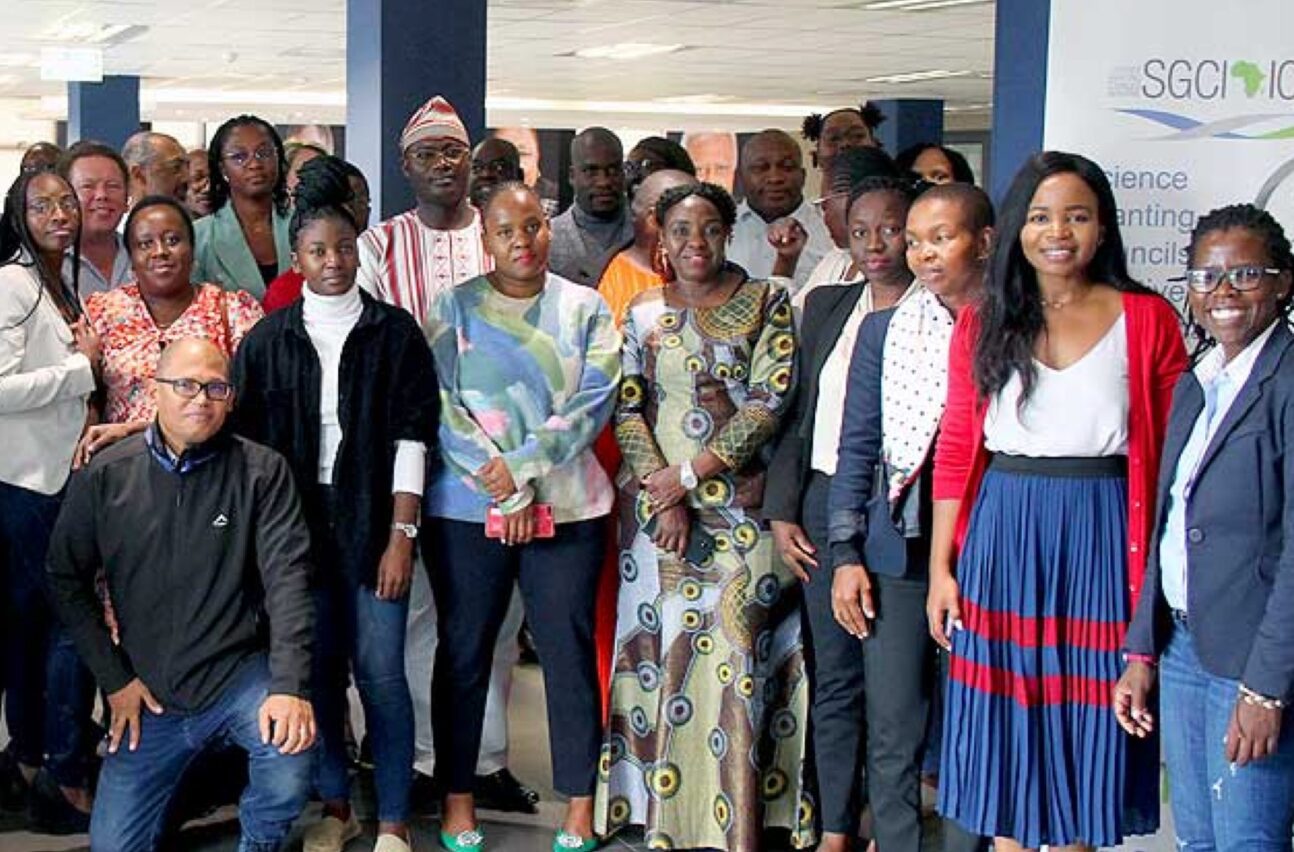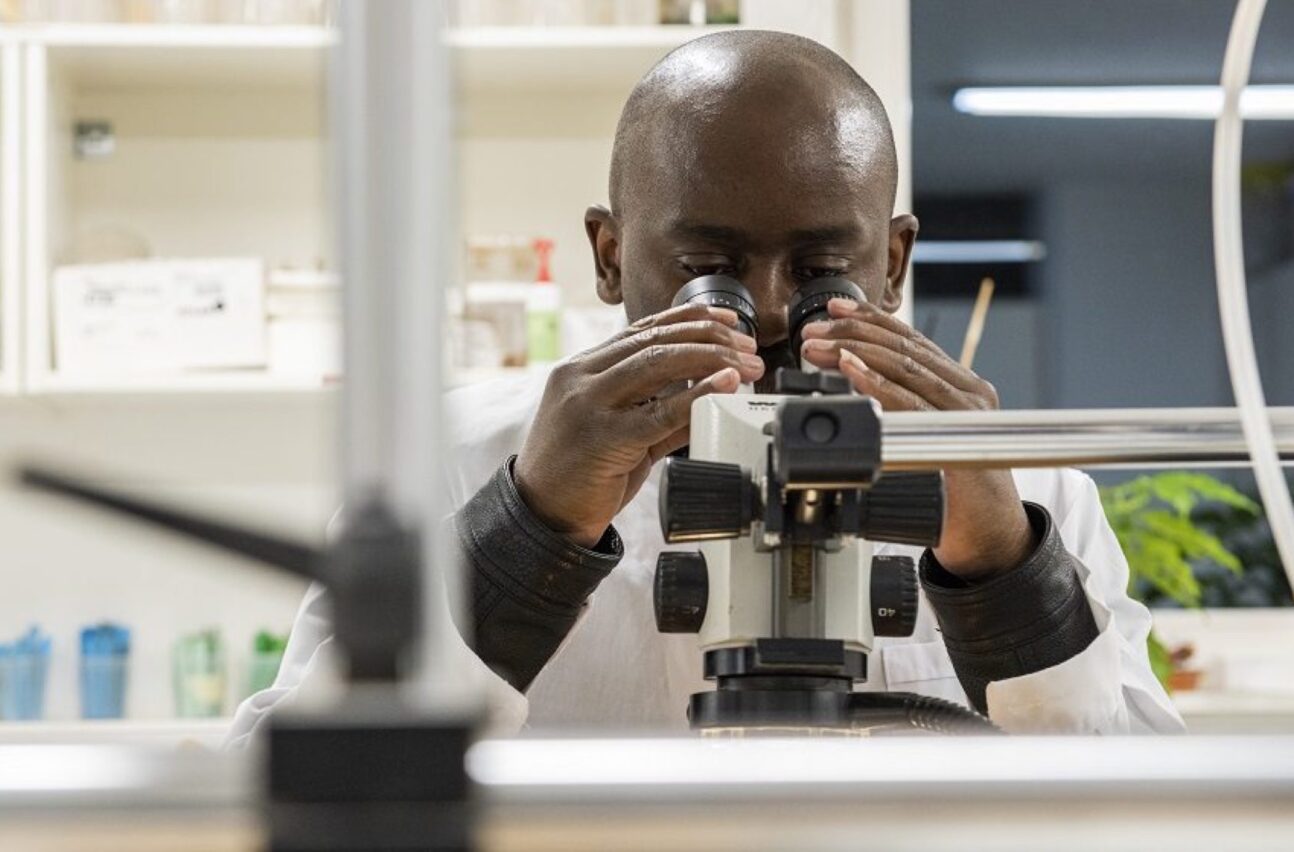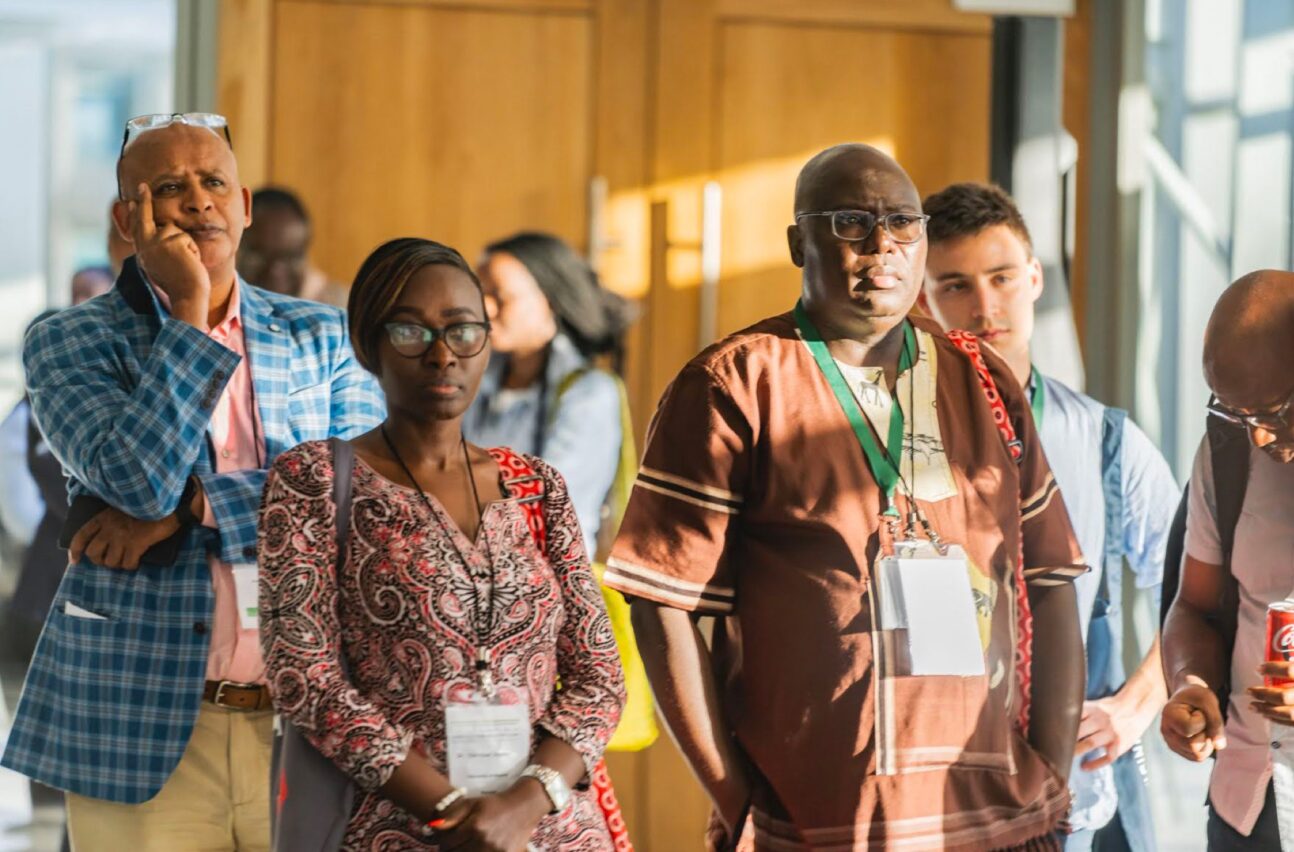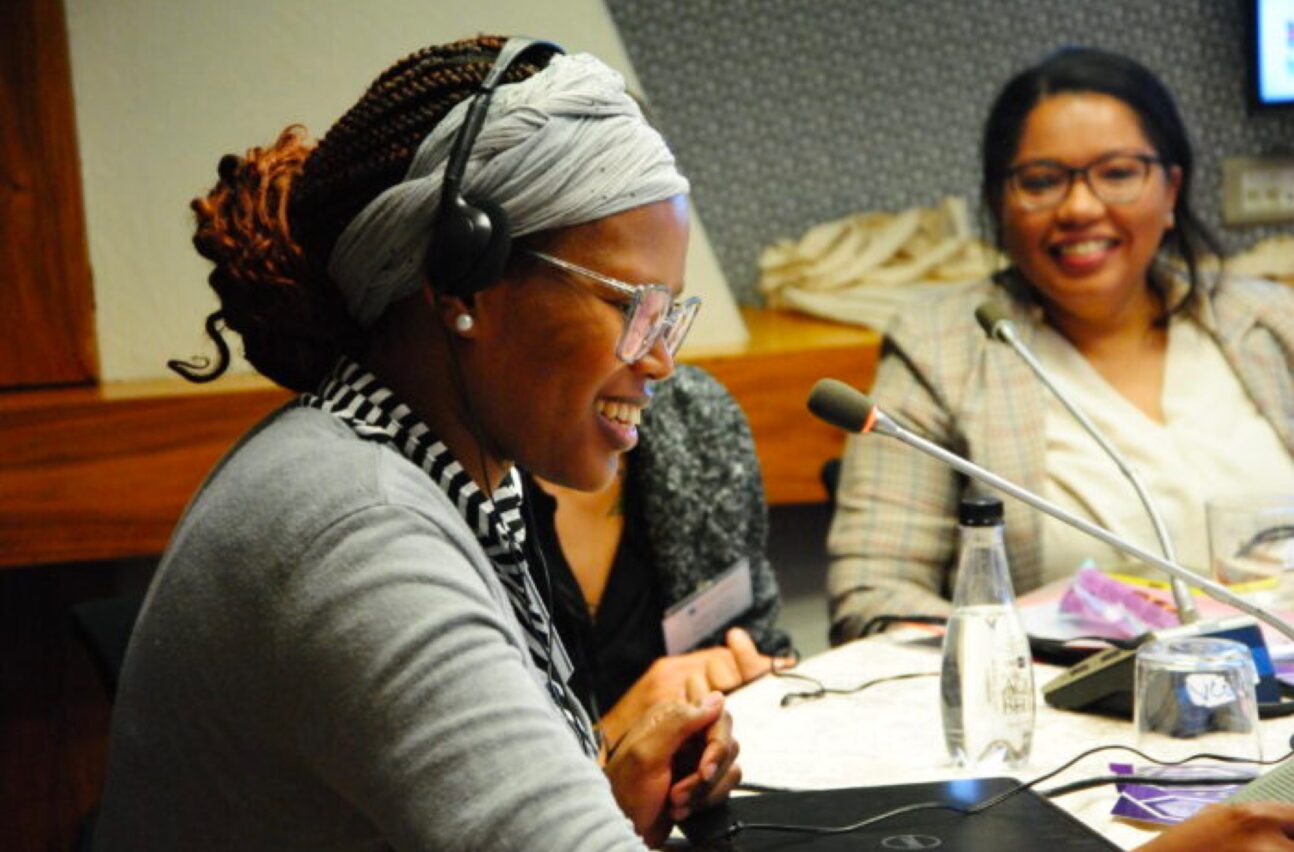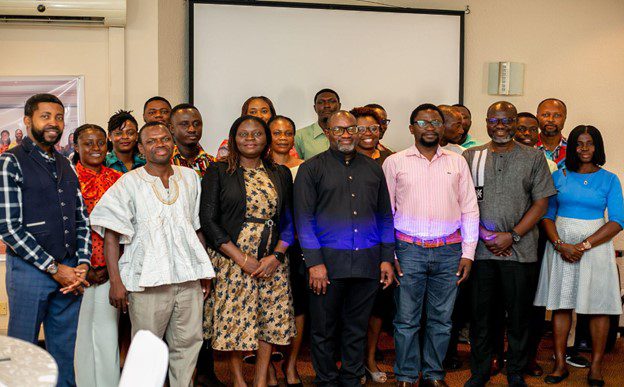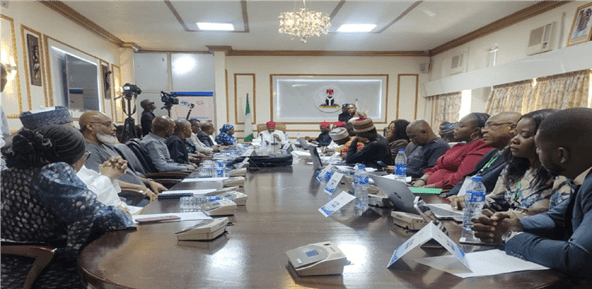Côte d’Ivoire is one of West Africa’s fastest-growing economies, yet it still faces big challenges in research, innovation, and sustainable development. Recognizing this, the Science Granting Councils Initiative (SGCI), in…
Côte d’Ivoire is one of West Africa’s fastest-growing economies, yet it still faces big challenges in research, innovation, and sustainable development. Recognizing this, the Science Granting Councils Initiative (SGCI), in collaboration with partners such as the African Technology Policy Studies Network (ATPS), launched the SRIFA Project to support Côte d’Ivoire in strengthening its research and innovation funding ecosystem.
Why Strengthen Research and Innovation in Côte d’Ivoire?
Despite economic progress, Côte d’Ivoire struggles with:
- Low research funding
- Limited private sector involvement
- Poor coordination among research bodies
- Weak public-private partnerships
To unlock its full potential, Côte d’Ivoire needs a robust research system that supports inclusive and sustainable growth.
The Role of Key Institutions
Several institutions are central to research funding in Côte d’Ivoire:
- FONSTI (National Fund for Science, Technology, and Innovation) – The main government agency funding research and promoting innovation.
- PASRES (Strategic Support Program for Scientific Research) – Focuses on building research capacity and supporting young scientists.
- MESRS (Ministry of Higher Education and Scientific Research) – Provides policy guidance and international partnerships.
However, gaps remain in coordination, funding autonomy, and private sector engagement.
Key Challenges
The main challenges facing Côte d’Ivoire’s research ecosystem include:
- Lack of a national Science, Technology, and Innovation (STI) Policy
- Heavy dependence on foreign donors
- Limited skilled researchers and poor infrastructure
- Weak links between research institutions and businesses
Opportunities and Best Practices
Côte d’Ivoire is already taking steps forward:
- Establishing FONSTI and involving private sector voices
- Promoting gender equality through targeted funding for women in STEM
- Encouraging innovation with events like annual innovation fairs
What Needs to Be Done?
To build a strong and inclusive research ecosystem, the following actions are recommended:
- Adopt a National STI Policy to guide funding and innovation efforts
- Empower FONSTI with greater autonomy and resources
- Increase government and private sector funding for research
- Strengthen partnerships between public institutions and businesses
- Promote gender equality and inclusion in research initiatives
In Summary
With the right policies, stronger institutions, and active private sector involvement, Côte d’Ivoire can transform its research and innovation landscape. This will not only boost its economy but also help tackle pressing social challenges.
Themes
The SGCI aims to strengthen the capacities of these SGCs to support research and evidence-based policies that will contribute to economic and social development.
